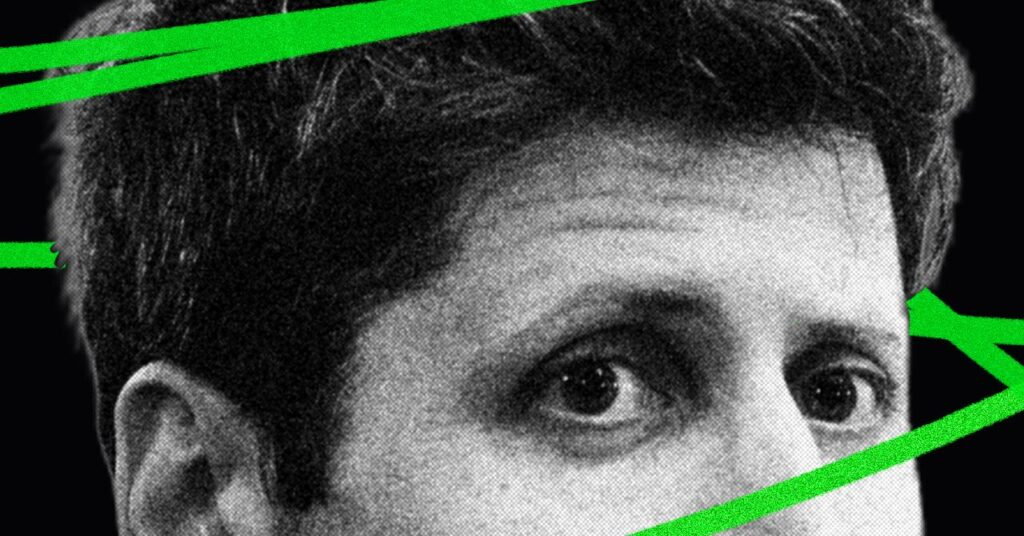OpenAI Reports That Hundreds of Thousands of ChatGPT Users Could Exhibit Symptoms of Manic or Psychotic Episodes Weekly

For the first time ever, OpenAI has provided an initial estimate of the number of ChatGPT users worldwide who may exhibit signs of a severe mental health crisis within a typical week. The company announced on Monday that it collaborated with professionals globally to enhance the chatbot’s ability to identify markers of mental distress and guide users towards real-world assistance.
In recent months, there has been an increasing number of individuals who have faced hospitalization, divorce, or even death after having prolonged, intense interactions with ChatGPT. Some relatives claim that the chatbot exacerbated their delusions and paranoia. Mental health professionals have raised concerns regarding this phenomenon, often termed AI psychosis, yet until now, there has been no substantial data to indicate how prevalent it might be.
According to OpenAI’s estimates, in any given week, about 0.07 percent of active ChatGPT users display “possible signs of mental health emergencies related to psychosis or mania,” while 0.15 percent “engage in conversations that contain explicit indicators of potential suicidal planning or intent.”
OpenAI also examined the percentage of users who seem excessively emotionally dependent on the chatbot “to the detriment of real-life relationships, their well-being, or responsibilities.” The findings suggest that roughly 0.15 percent of active users show behaviors indicative of potential “heightened levels” of emotional attachment to ChatGPT each week. The company warns that these messages can be tricky to identify and quantify due to their relative rarity, and there may be some overlap among the three categories.
Earlier this month, OpenAI CEO Sam Altman reported that ChatGPT now has 800 million weekly active users. Based on the company’s estimates, this implies that roughly 560,000 people may be communicating with ChatGPT weekly in ways that suggest they are experiencing mania or psychosis. Additionally, around 2.4 million individuals might be expressing suicidal thoughts or prioritizing interaction with ChatGPT over their loved ones, education, or employment.
OpenAI indicated that it collaborated with over 170 psychiatrists, psychologists, and primary care providers from numerous countries to enhance ChatGPT’s responsiveness in conversations involving serious mental health risks. If a user appears to have delusional thoughts, the latest version of GPT-5 is tailored to offer empathy without endorsing beliefs that are not rooted in reality.
In a hypothetical scenario presented by OpenAI, a user informs ChatGPT that they believe they are being targeted by planes flying overhead. In response, ChatGPT acknowledges the user’s feelings but clarifies that “no aircraft or outside force can steal or insert your thoughts.”
